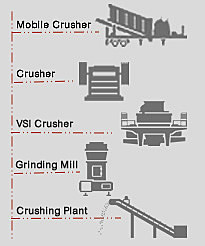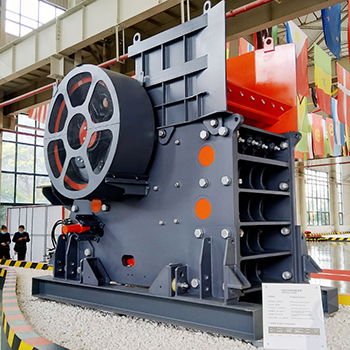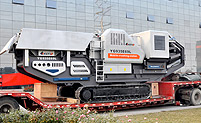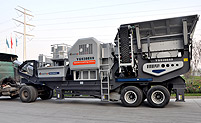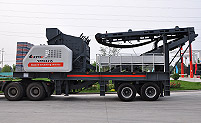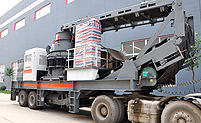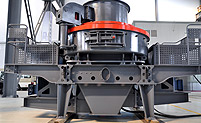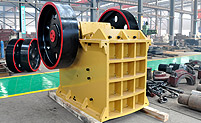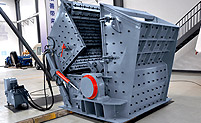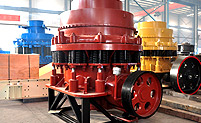what are the sizes of crusher machine
Introduction to Crusher Machines
Crusher machines are the unsung heroes of many industries, tirelessly breaking down materials to make our lives easier. From mining to construction, these powerful devices come in various sizes to suit different needs. In this blog post, we will dive into the world of crusher machine sizes, exploring factors to consider when choosing one, discussing types available in the market, and weighing the pros and cons of each size option. Let's crush it with crusher machines!
Factors to Consider When Choosing a Crusher Machine Size
When choosing a crusher machine size, there are several crucial factors to consider. You need to assess the type of material you will be processing. Different materials require different sizes and types of crushers for optimal results.
Consider the desired output size. If you need fine particles, a smaller crusher may be more suitable. However, for larger aggregates or rocks, a bigger machine might be necessary.
Another important factor is the capacity requirements. Ensure that the chosen crusher size can handle the volume of material you need to process efficiently without overloading or underutilizing the equipment.
Additionally, think about space constraints in your facility. Make sure that the selected crusher size fits within your operational area and allows for proper maintenance access.
By carefully evaluating these factors, you can select the most appropriate crusher machine size for your specific needs and maximize productivity while minimizing downtime.
Types of Crusher Machines and Their Sizes
When it comes to crusher machines, there are various types available on the market to suit different crushing needs.
Jaw crushers, cone crushers, impact crushers, and gyratory crushers are some of the common types used in industries like mining and construction.
Each type varies in size depending on factors such as the material being crushed and the desired output.
For example, jaw crushers come in different sizes ranging from small portable units to large industrial-grade machines.
Cone crushers also vary in size, with options for mobile or stationary units designed for specific applications.
Gyratory crushers tend to be larger in size compared to other types due to their design and function.
Understanding the different types of crusher machines and their sizes is crucial when selecting the right equipment for your crushing operations.
Popular Sizes of Crusher Machines in the Market
When it comes to crusher machines, there is a wide range of sizes available in the market to cater to various needs and preferences. Popular sizes of crusher machines typically include small, medium, and large options.
Small-sized crushers are ideal for residential or small-scale businesses that require crushing for recycling purposes or reducing waste volume. These compact machines are portable and easy to maneuver.
Medium-sized crushers strike a balance between portability and power, making them suitable for mid-sized businesses or construction sites that need efficient crushing capabilities without being too bulky.
Large-sized crushers are heavy-duty machines designed for industrial use in mining operations, quarries, or large construction projects. These robust machines can handle high volumes of materials with ease.
Each size category offers unique benefits depending on the specific requirements of the user. It's essential to consider factors like production capacity, space availability, and intended use when selecting the right size of crusher machine for your needs.
Advantages and Disadvantages of Different Sizes
When it comes to crusher machines, the size you choose can significantly impact your operations. Understanding the advantages and disadvantages of different sizes is crucial in making an informed decision.
Smaller crusher machines are often more compact and easier to transport, making them suitable for smaller projects or sites with limited space. However, they may have lower capacity and efficiency compared to larger models.
On the other hand, larger crusher machines typically offer higher throughput and production capacity, making them ideal for heavy-duty applications. But they may require more space, resources, and maintenance.
The best size for a crusher machine depends on your specific needs and requirements. Consider factors such as the type of material you will be processing, desired output size, available space, budget constraints, and operational preferences when selecting a crusher machine size that suits your operation best.

